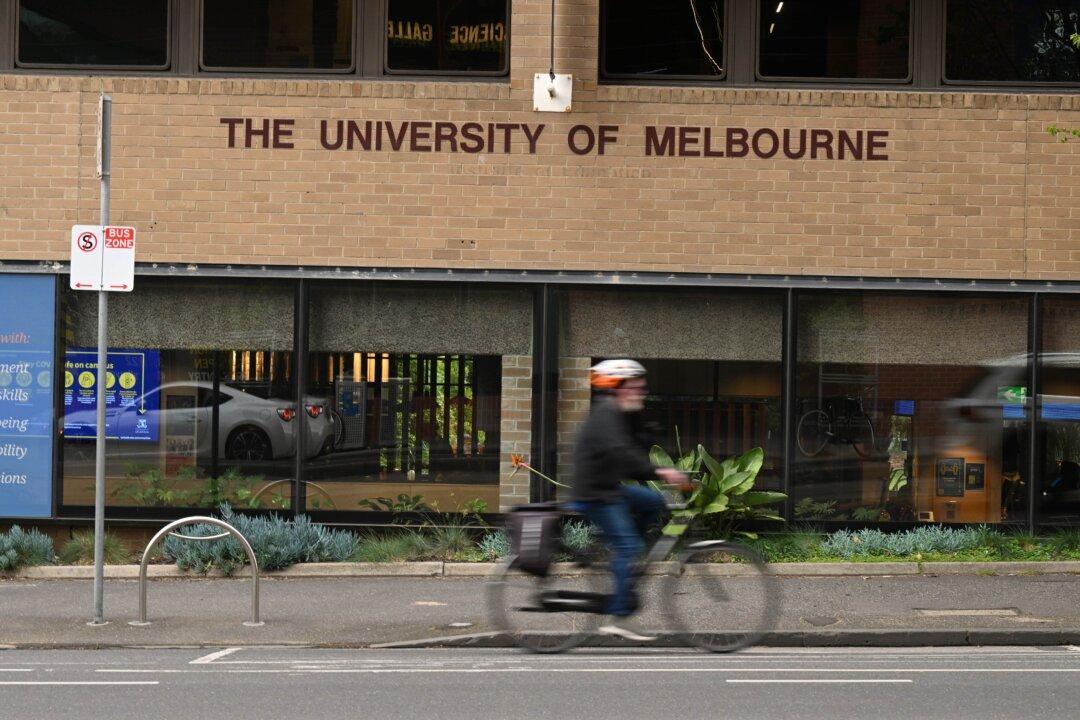The University of Melbourne was penalised nearly $74,590 (US$49,000) for violating fair work legislation on two counts—threatening two casual academics in August 2020 and refusing further work to one of them in February 2021.
The Fair Work Ombudsman took legal action against the institution, bringing the case to the Federal Court.




